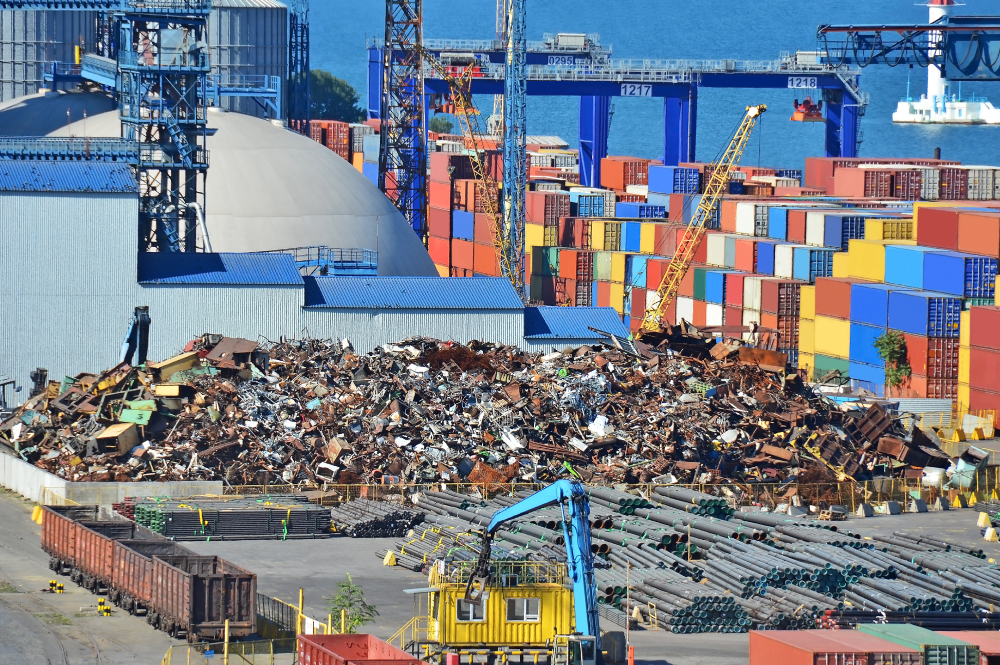A Ban of Waste Exports – Is the Current System Flawed?

The plastic export system in the UK is continuing to be exploited by criminals, leading to plastic being dumped and burned illegally in poorer countries. Shockingly, over 80% of the plastic waste illegally dumped and burned in Turkey could be from the UK.
Can the UK recover its reputation, and end “waste colonialism”?
Plastic Export Process
Currently, any firms that export plastic packaging for recycling must issue Packaging Export Recovery Notes (PERNs) to prove the waste has been properly processed. They can then sell these notes to packaging producers who are obliged to offset the waste.
However, the system has faults. Domestic recyclers who issue PERNs only get credit for what comes out after the material is cleaned, filtered and melted. There is room for the system to be abused, with users removing waste illegally.
What’s more, there is often confusion over the various recycle symbols.
In an ideal world, plastic waste flows would be transparent and traceable, showing where the waste goes and how it is managed, but there is little way to know how much plastic these companies are shipping.
The Fix
The Environmental Agency (EA) recently cancelled the accreditation of eight plastic exporters’ due to them knowingly supplying false information and mislabelling material, with the goal of bypassing national import restrictions.
Many campaigners are calling for a ban on all plastic waste exports, but it raises questions – can the UK process all of its own waste and how long would it take?
The Environmental Agency is also consulting on reform of the PERN system, that includes procedures that require exporters and re-processors to report monthly, rather than quarterly, to the EA; in addition to introducing a ‘technical competence’ test for exporters.
New rules are also on the horizon to cover the cost of collecting, sorting and the recycling of plastic; it is proposed that PERNs will be replaced with an Extended Producer Responsibility (EPR) system. The EA hopes that this new system will encourage domestic reprocessing and fewer exports of poor quality materials for recycling elsewhere.
These steps to improve enforcement are essential for the future of plastic waste management and, although the UK government says that it is committed to banning plastic waste export to non-OECD countries, the only certain solution is banning all waste exports. Campaigners have been asking for a ban to incentivise the construction of recycling infrastructure in the UK and encourage businesses to look at sustainable ways to recycle.
Outlook
The UK’s reputation is currently suffering because of its large export rate, meaning action is essential to turn this around.


